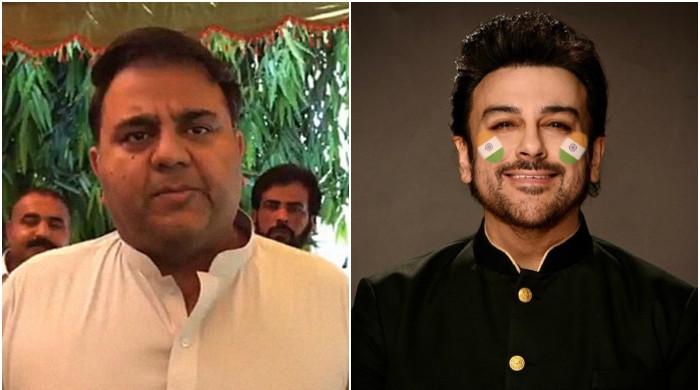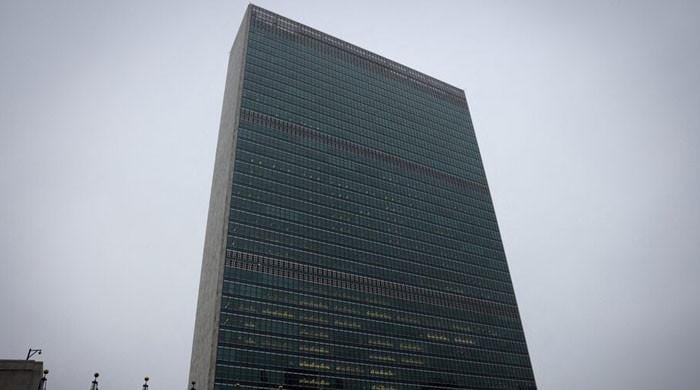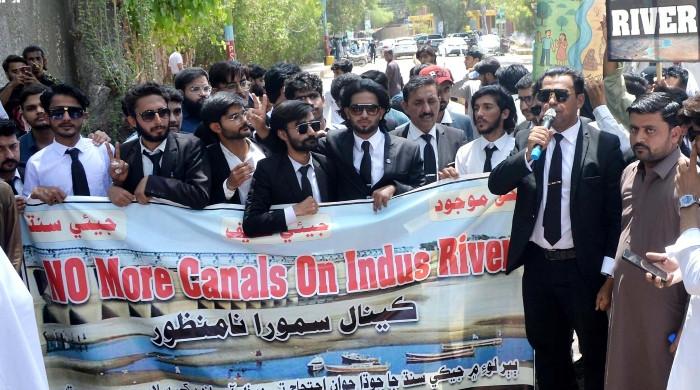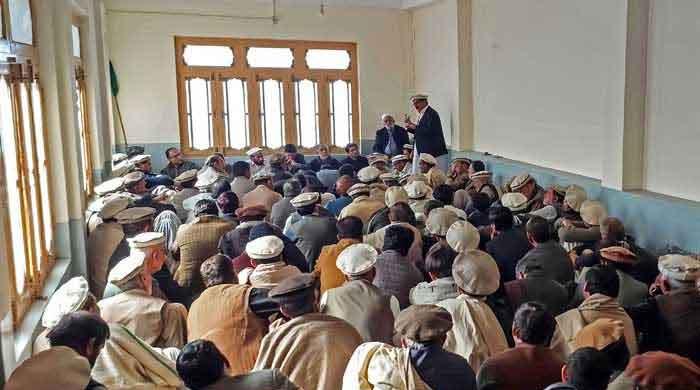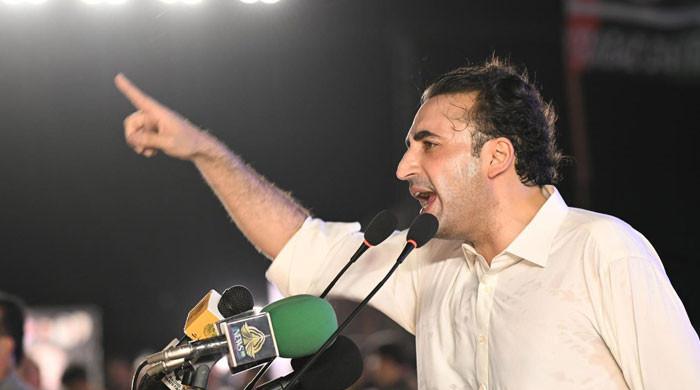PML-N, PPP's vote bank increased in 2024 polls: FAFEN
FAFEN, in its report, says PTI maintained its vote bank in 2024 elections
February 10, 2024
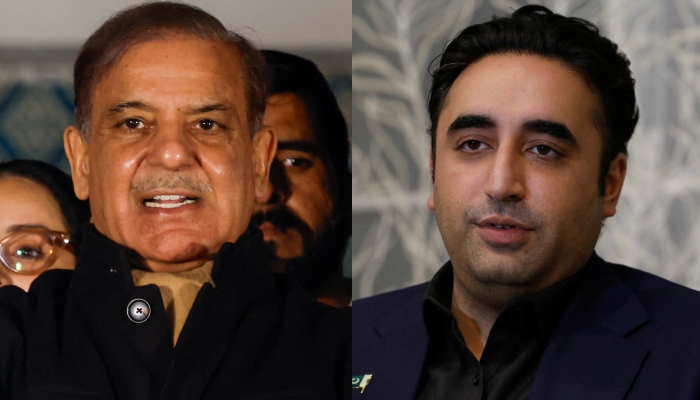
- PTI maintained its vote bank in 2024 polls.
- About 60 million citizens went to vote.
- PML-N increased votes to 13.3m in 2024.
ISLAMABAD: Major political parties including Pakistan Muslim League-Nawaz (PML-N) and Pakistan Peoples Party (PPP) witnessed an increase in their vote bank in the 2024 general elections, according to a report published by the Free and Fair Election Network (FAFEN).
On February 8, Pakistan conducted its 10th general elections after over five years which saw about 60 million citizens exercising their right to vote to elect their representatives in the 265 National Assembly and 590 provincial assembly constituencies.
According to FAFEN, PML-N and PPP increased their vote banks while Imran Khan-founded Pakistan Tehreek-e-Insaf (PTI) retained its vote bank in the elections.
"This calculation is based on the results of 235 NA constituencies. PTI-backed candidates secured 16.85 million votes compared to the party’s tally of 16.9 million votes in 2018. PML-N increased its share of votes from 12.9 million in 2018 to 13.3 million in 2024 and PPPP’s share increased from 6.9 million in 2018 to 7.6 million in 2024," said the report.
Meanwhile, Tehreek-e-Labbaik Pakistan’s (TLP) share has gone slightly up from 2.1 million in 2018 to 2.6 million in 2024.
In its report, FAFEN said that the elections followed two tumultuous years of political upheaval, discord and polarisation, which have left behind debris of constitutional confusions, judicial misadventures, communal stress, economic downturn and growing public distrust in public and electoral institutions — issues that must be taken up by the future government as its top priorities.
"Despite a spiral of allegations by multiple political parties about not getting a level playing field as well as a spike in militant violence in some parts of the country, none of the political parties backed out of the electoral race.
"All parties continued until the last minute their efforts to muster public support, which augurs well for Pakistan’s struggling democracy. In addition, the pre-election perception of an unlevel playing field does not seem to have prevented the accusing political parties from gaining electoral ground," it added.
Media contributed 'tremendously during' polls
Notwithstanding the general perception that pre-election media freedoms were constricted and sporadic incidences of restrictions on expression and speech, in fact, Pakistani print, electronic and digital media continued to contribute tremendously to strengthening the political and electoral process.
The media kept voters informed through their undiluted reporting, which helped voters make informed choices. Independent civil society groups deserve praise in particular for focusing attention on rights and liberties during the election process, including infringements of the rights of citizens and political parties.
Over 1.1m election officials performed duties
Unfazed by a spate of scathing criticism from some political parties, the Election Commission of Pakistan (ECP) must particularly be acknowledged for having organised the country’s largest electoral exercise — with the greatest number of candidates and highest number of voters — in a reasonably orderly manner.
More than 1.1 million election officials performed election duties in a highly challenging political environment. They ensured the integrity of voting and counting processes at the polling stations that largely remained free of controversy, notwithstanding sporadic complaints by political parties and candidates about not getting the election results forms to which they are legally entitled.
More than 0.7 million police and military officials stood guard across Pakistan and outside polling stations, ensuring peace and order on election day against the backdrop of fears of militant and political violence.
Delay in results, cellular suspension overshadowed polls
However, whatever the reasons and explanations, the ECP’s delay in the preparation and announcement of preliminary election results overshadowed an otherwise orderly election, raising questions about the credibility of the election outcome.
In addition, the caretaker government’s suspension of cellular and internet services on election day — regardless of the security reasons — undermined years of parliamentary efforts to reform the election results management process through amendments to the Elections Act, 2017, which were meant to maximise the integrity, efficiency and transparency of electoral outcomes.
'Closure to period of unsettling uncertainty'
Nevertheless, the country has found closure to a period of unsettling uncertainty that was not only exhausting for the people but also for the economy, with lingering inflation, unemployment and general disenchantment. Now it is the responsibility of political parties to bring to an end their obstinate disengagement for a smooth transition of power in order to ensure the much-needed political stability in the country.
Many of the concerns raised by the political parties and their candidates need to be addressed on legal merit by the ECP as promptly as possible, while residual matters can be addressed by the election tribunals that will be formed and start working in less than two months.
This preliminary report is based on the observation reports received from 3,534 observers from 12,177 polling stations in 262 NA constituencies. These include 5,083 male polling stations, 1,730 female stations and 5,364 combined stations. In addition, the preliminary findings include constituency-level observation reports from 231 long-term observers – 195 men and 36 women — as well as observation of the process of preparation of preliminary results at the offices of Returning Officers (ROs) in 265 NA constituencies.




